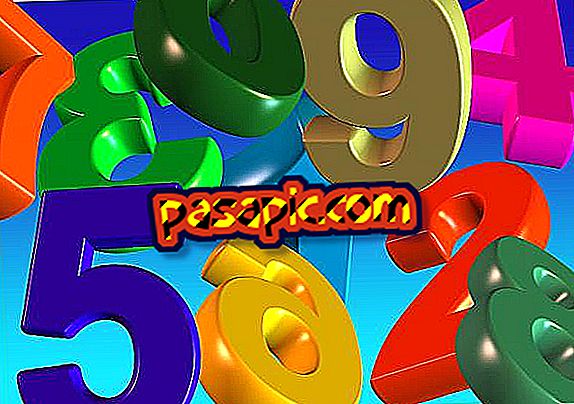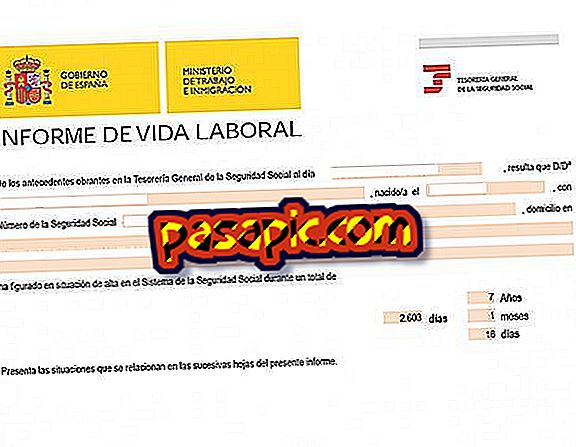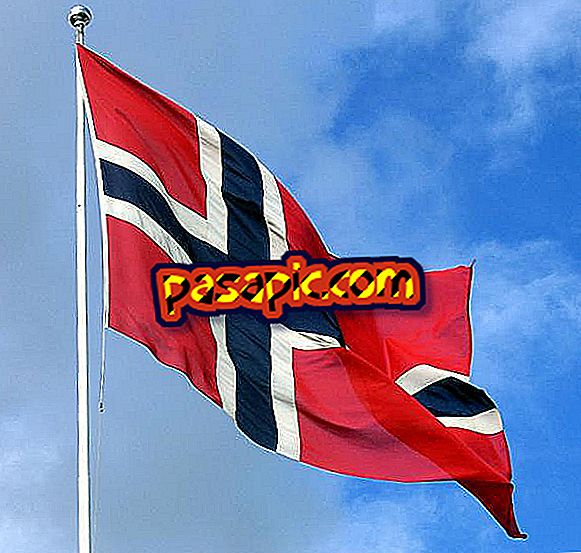How to make my puppy not bite all

The puppies bite. This is a normal behavior and an important step in their cognitive development, since through biting they experience and investigate the world around them. In fact, a puppy learns the first lesson on how to control the strength of his jaw with his mother and littermates.
During the game, when a puppy bites another too strong, the squeal of the victim and the consequent surprise of the biter stop the action for a moment. However, very soon, both return to the game. Through this type of interaction, the puppies learn to control the intensity of their bites so as not to cause unintentional damage and to be able to continue the game without interruption. Then, in this article we teach you how to make your puppy not bite everything .
What to do so that my dog does not bite everything
In spite of the learning that it receives with the mother and the rest of the litter, it is possible that the puppy does not stop biting or that even it bites everything. That is why it is necessary to train him in the sensitivity of the human skin so that he learns to measure the strength of his mouth when interacting with people. If the puppies can learn to be kind to each other, they can also learn the same lesson from the people.
According to canine training specialists, the inhibition of the bite (the ability of a dog to control the strength of its mouth) is a simple lesson that can be taught at home from an early age and that, in addition to avoiding bites during the game, will also prevent that in a possible situation of fear or pain the dog bites hard. Next, we will show you 5 steps that can be put into practice to teach a puppy not to bite.

Socialization
Playing and interacting with other dogs already trained in this subject is one of the best ways for a puppy to learn the rules when it comes to using the teeth when interacting with other people or animals, because if you bite too hard or too much Often, you are likely to lose a playmate, or worse, turn your back on him with outrage.
Therefore, it is advisable that you teach him to socialize with other dogs and people as soon as possible. So you can go quiet to the street you and the rest of people.
Use your hands
Feeding the puppy with his hands allows him to learn to measure the strength of his Mouth If the puppy bites too hard, it is advisable to relax the hand and make a sound that clearly indicates that you are protesting or feeling pain, so that the puppy realizes that what he has done It has caused damage.
However, you should never push your hand away or pull it away, as this usually causes dogs to instinctively bite harder not to leave that his prey "escape".
Redirect the puppy by using toys
The toys are an excellent object for puppies and dogs to vent all their repressed impulses. Chew toys, for example, are great for this, and can also be used in training to redirect the puppy's attention.
If you have questions about what would be the best toy for your dog, check with your nearest veterinarian or pet store.
Reward the puppy with treats
It is important to praise and reward good behavior when training the puppy How else could you distinguish good behavior from bad? Therefore, it is advisable to use treats for dogs or other rewards that you consider appropriate.
But, beware, remember to give it rewards only when you really deserve it. Otherwise, your dog may get confused and not know if he is doing it right or wrong.

Use repellent products
When rewards and treats do not work, sometimes you have to resort to training methods that actively discourage the puppy from biting furniture and objects, like a spray so dogs do not bite things .
The deterrent sprays are products with an odor or taste that dogs find really unpleasant and that can be applied to those objects that the puppy loves to nibble on.
The product has to be applied regularly, until the puppy associates that object with that unpleasant smell and stops biting.
When they stop biting the puppies
To answer this question, it is important that you consider the age of your puppy . Dogs start to lose their milk teeth after 4 or 5 months of life. This change, despite being a stage in its development, may be a bit annoying, so it could be one of the reasons why your dog bites everything: to relieve their pain.
This process, therefore, can last between 7 and 8 months, until your puppy has finished the teething change. If you want more information, you can read the following article on When Puppies Stop Biting.
Have you tried these tips to help your puppy stop biting? Do you know any other technique that you want to share? If you liked this article on how to make my puppy not bite all, you may also be interested in this other about How to train a puppy.



